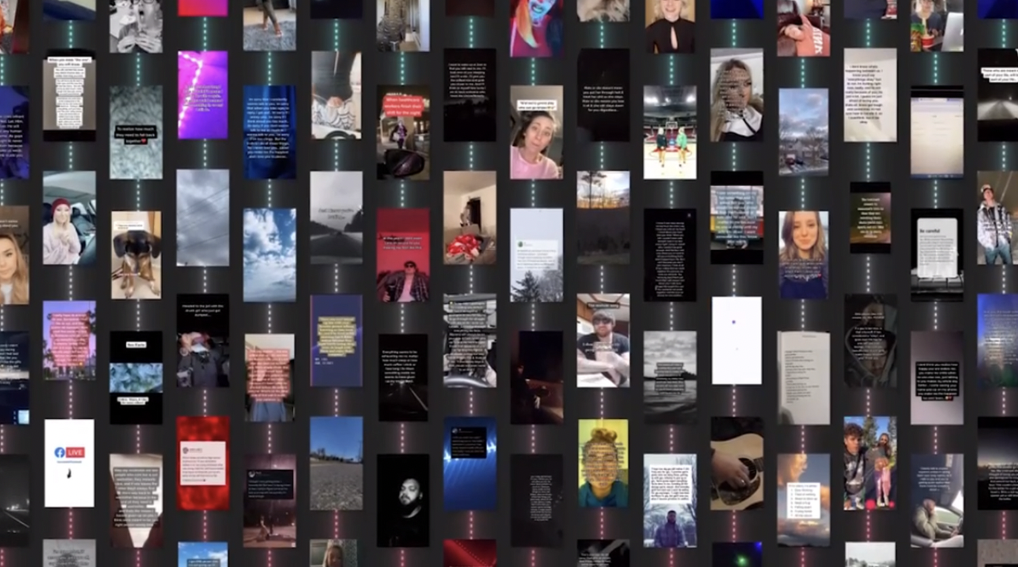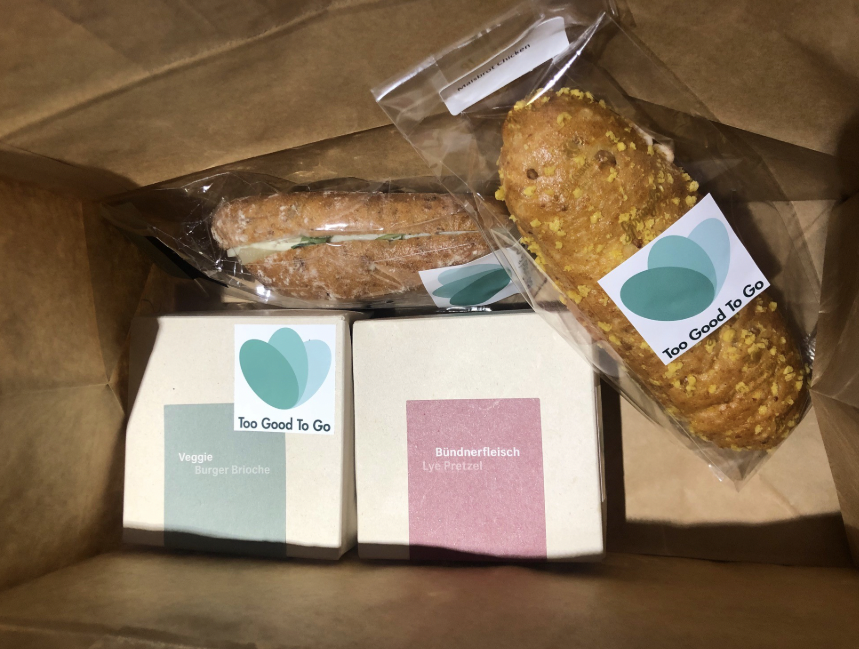By Iris Mbok, Year 12
TikTok is one of the most famous platforms of the decade, which rose to its peak popularity during the COVID-19 quarantine era, when everyone was bored at home. We spend endless hours on this social media platform getting captivated by its addictive short-form videos, where creativity knows no bounds and trends spread like wildfire. In the wake of this shift towards a more critical approach to society’s use of social media, it is time to hold each other accountable and recognize how the TikTok algorithm dictates our lives.
The “For You Page” is a central feature of TikTok where users discover content tailored to their interests. Many users have come out with intrusive stories, in which they recall scrolling through the app with a friend and suddenly coming across the same exact video at the same exact time. According to the Tech Times, a new study recently emerged consolidating that TikTok’s algorithm analyses the content users engage with, including videos we watch, like, share,comment on and users we follow consequently relating the content we see to people of similar interests. Amongst many narratives about social media collecting users data, this theory confirms the potential dangers of the app. Essentially, TikTok has ultimate control on who we interact with on an app most users spend obscene hours on. Leading to a broader debate where many are condemning TikTok for using young children as collateral damage in their capitalist scheme.
TikTok’s algorithm is notoriously known for impacting users’ self-esteem. Whether it’s the Kylie Jenner lip challenge or the Hailey Bieber glazed donut nails, this app sure knows how to nitpick on ways to fix small, arguably insignificant aspects of our appearances. This leads to a frenzy where millions of young girls feel the need to match the latest trend. From the get-go, there has alway been this secret yet not so secret “unspoken deal” between celebrities and the app where celebrities gain access to a younger, digitally savvy audience, boosting their relevance, while TikTok gains credibility and visibility through its association with well-known figures. Essentially, the algorithm feeds us all these insecurities, specifically to young girls, to profit off this “unspoken deal” which generates revenue for both parties involved. Through names and faces we all love and adore, TikTok has desensitised us to cruel ways in which the beauty industry capitalises off our youth’s insecurities.
Clearly, the rise of TikTok has created a new type of workforce while simultaneously changing social norms in less than 5 years. In a year, doctors make 50% of what the average influencer makes in 6 months. Opening a polarizing debate in which many think it’s absurd that a practice which requires sometimes decades of training receives less credit than something arbitrary which can happen overnight. However, others appreciate the newfound work culture arising from influencing which allows many different socio-economic backgrounds to be successful. Influencer culture is more prevalent than ever due to TikTok broadening content creation. It provides a platform where individuals can rapidly gain visibility and monetize their influence, therefore reshaping traditional notions of work and success and counteracting critics of the app.
This side to TikTok’s algorithm is not going to change overnight. It is time to make a conscious effort and strive to regain control over the innate vulnerability we have when subjected to the media.



